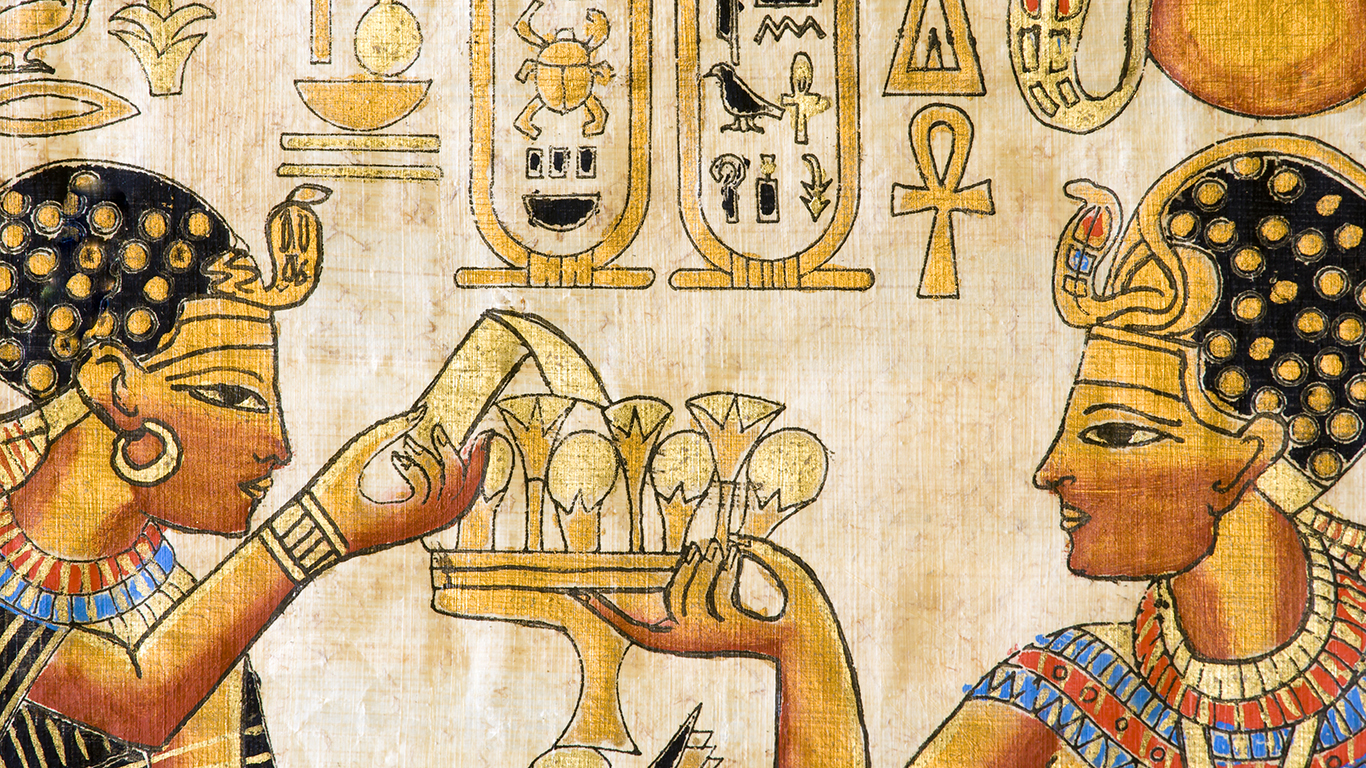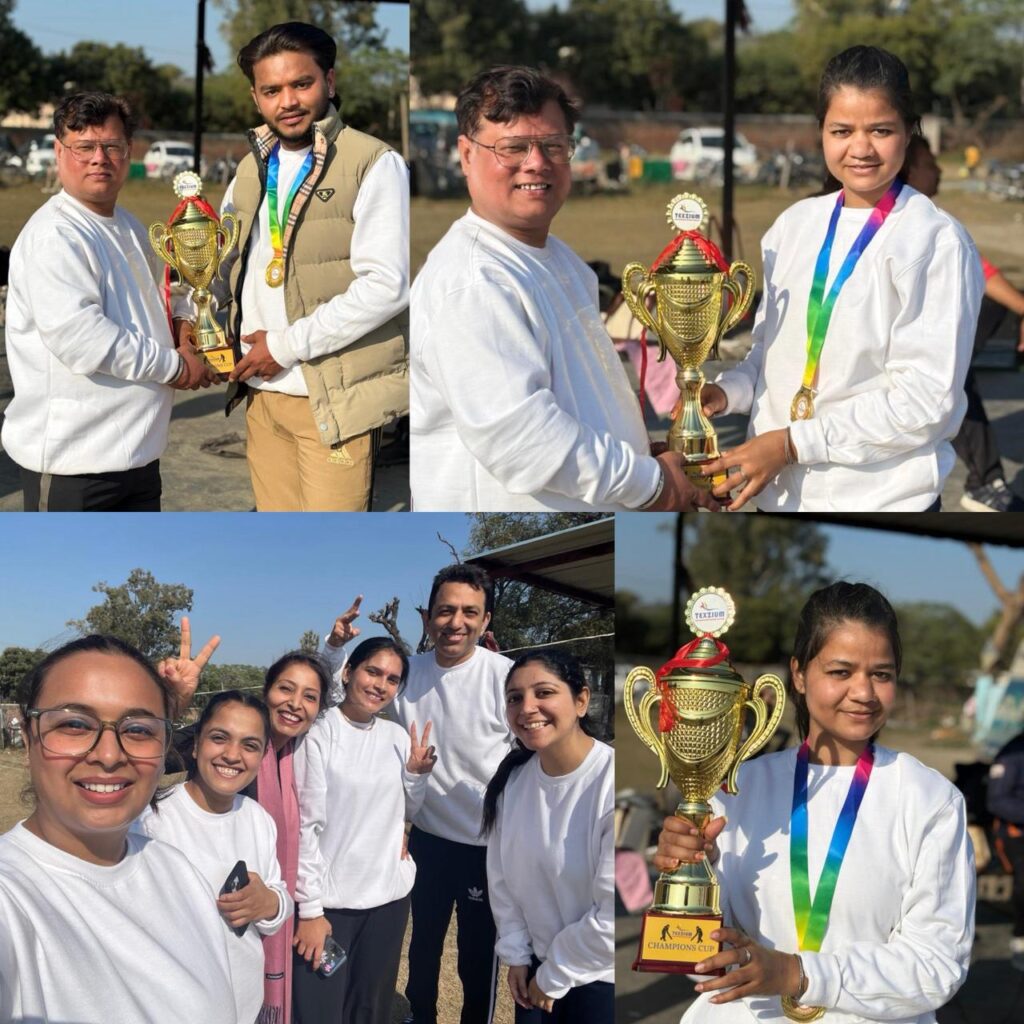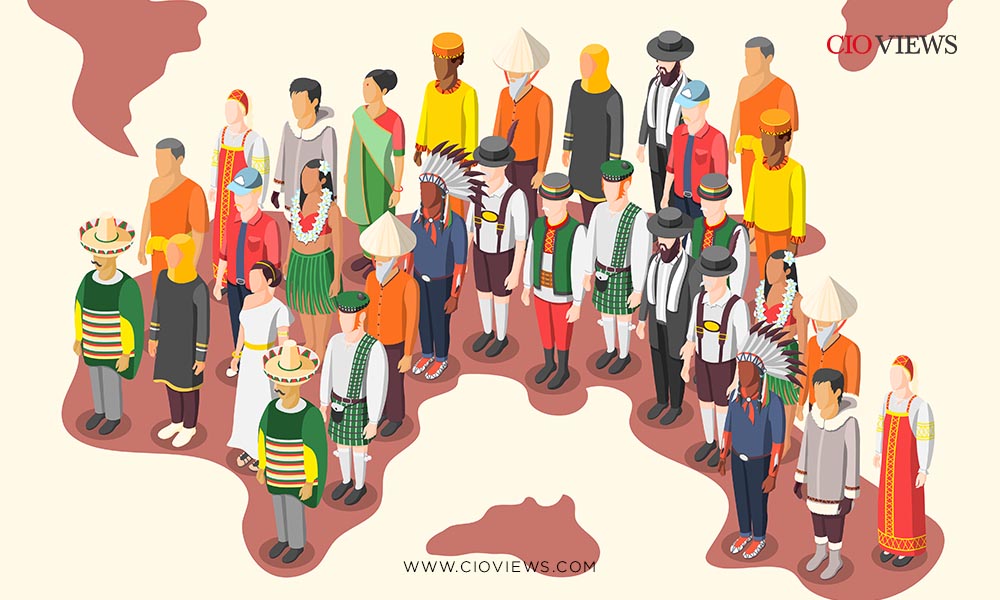Now Reading: Ancient Inventions Still in Use: Innovations That Stood the Test of Time
-
01
Ancient Inventions Still in Use: Innovations That Stood the Test of Time
Ancient Inventions Still in Use: Innovations That Stood the Test of Time

Many inventions from ancient civilizations continue to influence our daily lives in India and around the world. From basic tools to early engineering marvels, these innovations demonstrate human creativity and practical problem-solving. In Tier-2 cities, simple ancient inventions like water storage systems, agricultural tools, and architectural techniques are still relevant, proving that age-old ideas can remain useful even in modern times.
Agricultural Tools and Techniques
Ploughs, irrigation systems, and crop rotation methods developed centuries ago are still in use today. In rural India, traditional ploughs and drip irrigation inspired by ancient designs help farmers maintain productivity while conserving resources. These tools reflect sustainable practices that have endured through generations.
Architecture and Construction
Ancient techniques such as stone masonry, vaulted ceilings, and passive cooling methods continue to influence modern buildings. In Tier-2 cities, traditional homes often use these methods to stay cool during hot summers without relying heavily on electricity. These designs combine durability with environmental efficiency.
Writing and Communication
Paper, ink, and simple counting tools were revolutionary in ancient times and remain fundamental today. Accounting methods, ledgers, and calendars derived from early inventions still guide business, education, and daily planning in India, bridging past knowledge with present needs.
Medical and Health Practices
Many herbal remedies, basic surgical tools, and hygiene practices originated in ancient civilizations. Ayurveda, an age-old medical system, continues to provide natural health solutions widely used in Indian households, demonstrating the longevity of practical medical knowledge.
Conclusion
Ancient inventions persist because they solve fundamental human needs effectively. From agriculture to architecture and medicine, these innovations continue to serve communities, including those in Tier-2 cities. Recognizing their value shows how historical knowledge can enhance modern life while promoting sustainable practices.

























